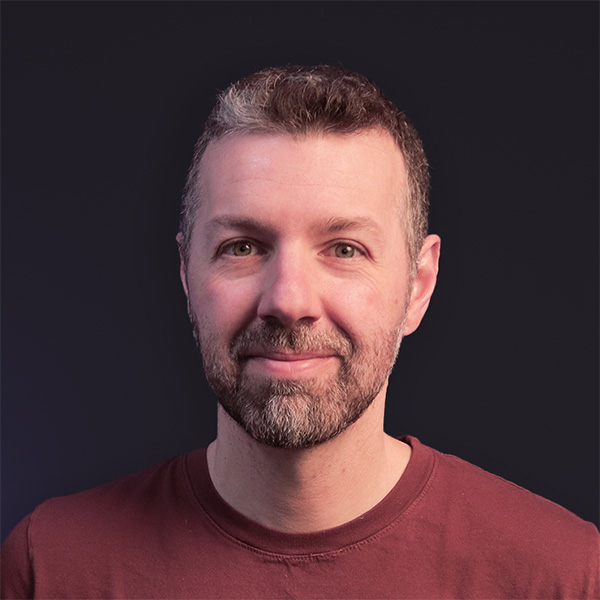The Illusion of "Doing Many Things"
If you look at my list of products, or tune into my podcasts, follow my tweets or videos, or read my newsletter, it’s safe to say I give the impression (illusion?) that I’m somehow everywhere, doing many things at once.
Well, in truth, I am, and I’m not.
Huh? I’ll explain.
My goal has always been to optimize for all of these things:
- Making my work as enjoyable and creatively stimulating as possible.
- Making my work as sustainable as possible, so that I can keep choosing to take on projects because I want to do them, not because I need to do them.
- Making the output of my work as valuable as possible—to my customers and my teammates, as well as to my business, my family, and me personally.
I don’t want to compromise on any of those points. I want to bake the cake and eat it too. I think most entrepreneurs want the same, especially those who consider themselves maker-founders like myself.
The way I achieve this is to think of my work in 3 distinct buckets:
Work than runs without me
I built productized service companies, like Audience Ops, with the intention of getting them to a point where they can run almost entirely without me in the day-to-day. It took a little while (and a lot of work) to get to this point, but today it’s my primary source of financial sustainability and freedom.
Productize, my course and private community, is another example of a piece of my work that, today, runs largely without me. I put a lot of hard work into creating it. But it continues to drive significant passive income, plus I love meeting and engaging with all the people who come through it.
Now, a reality check:
Am I 100% out of touch with these projects? Of course not. I routinely drop into Audience Ops to advise my team on stuff. A few times per year I run an opening for Productize and do some coaching and community stuff there, when I can. I have processes and things to make that ongoing “maintenance” work as streamlined and efficient as possible.
The point is this work accounts for very little of my time (realistically, about 5 hours per month). But it accounts for most of my financial income, which enables me to spend the rest of my time in these other two work buckets…
Work I’m in deep on
Here’s the work I’m most excited about… The project I’m in deep on at any given moment.
Examples would be building a software product, or creating the systems for a new productized service business, or creating content for a new course product. These are big, creative, projects where I’m building something new from the ground up—my favorite thing to spend my time doing 🙂
I learned that I do my best work when I focus on only one “deep work” project at a time. Usually these big projects require several consecutive months of focus to reach a key milestone. I often break them down into smaller chunks so I can execute and complete one key piece per week.
The important thing to recognize here is that the projects I choose to work on are intended to turn into self-sustaining products that continue to profit long after I stop working on them.
Work I do for fun (and profit)
Finally, I learned that it’s absolutely essential to take breaks.
I don’t mean breaks away from work, where I get my rest, have fun with the family, travel, and exercise. These are obviously vitally important too. But not what I’m referring to here.
I mean breaks from my “deep work” projects to dip into a completely different project, just for a short spurt. Usually a day or a half-day per week.
Examples for me are: Writing my weekly newsletter (and articles like this one), recording my podcast, producing music, attending and speaking at conferences and organizing tiny conferences.
I’m still putting creative energy and time into these, but they allow me to flex other creative muscles, explore new things, and find new ideas I can take back into my primary project or future plans.
And although these things never drive revenue at the time I do them, they often have a massive indirect impact for my business, especially over the long-term. They help me grow my audience, meet and network with more people (who are more relevant and interesting to me), and these things often lead to ideas and insights (which can later turn into profitable products), I wouldn’t have otherwise stumbled upon.
In other words, doing things that don’t pay can really pay off.
